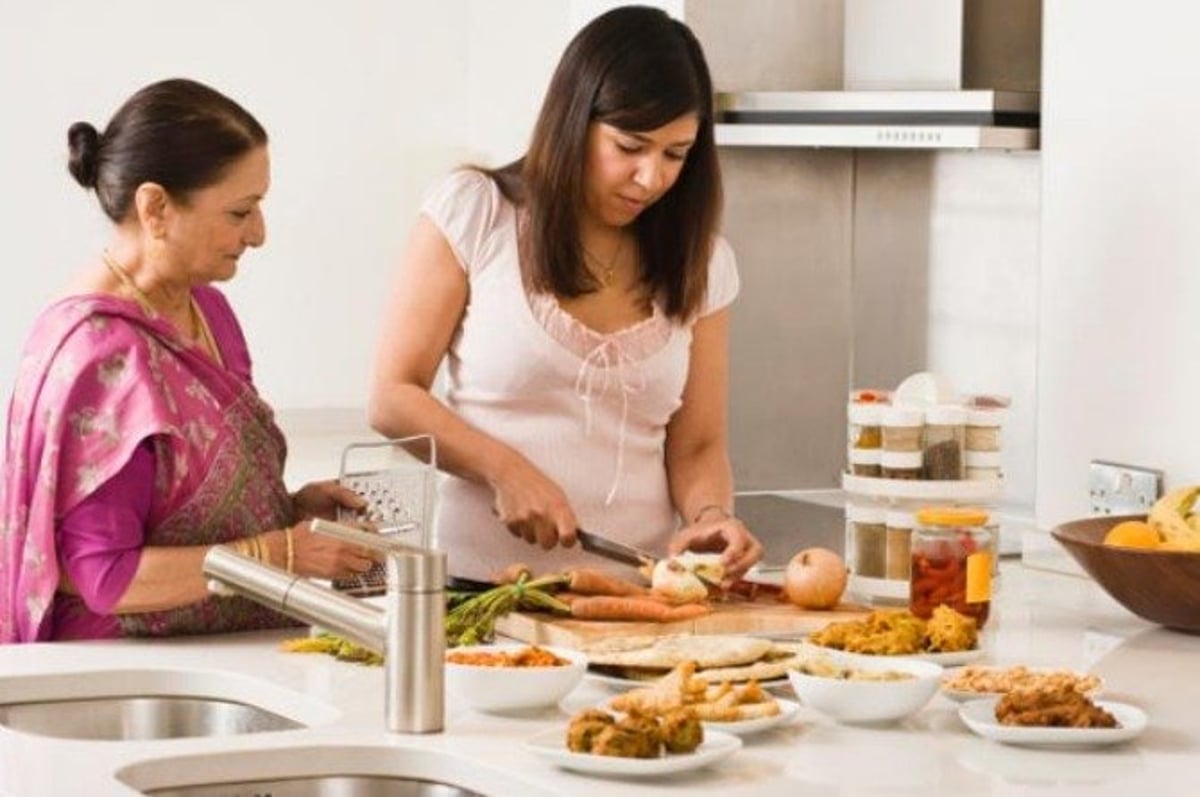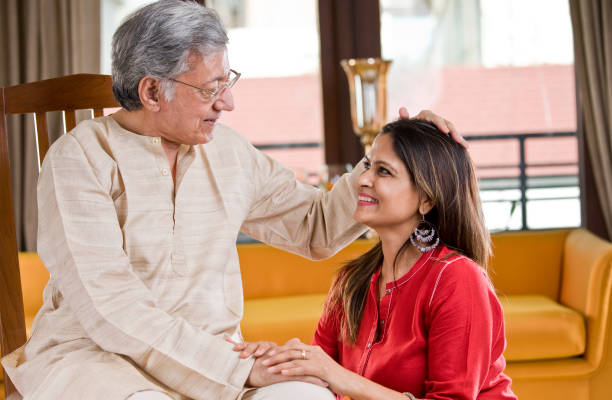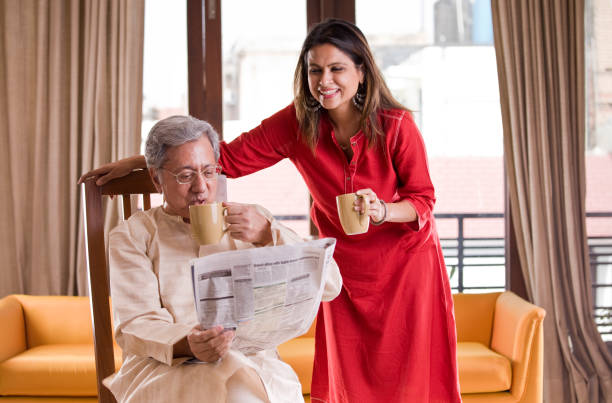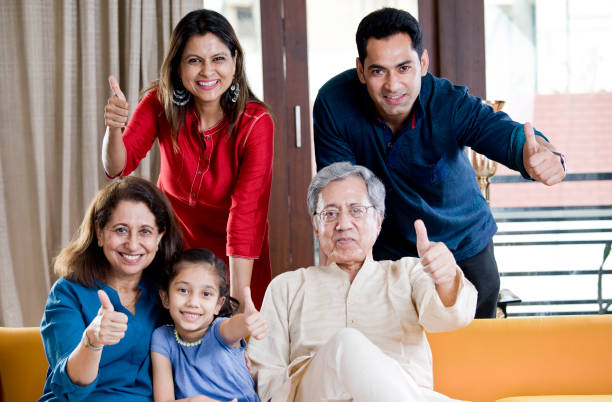The Idea Of A Daughter In Law In Pakistan
By Hafsa Hafeez
5 March 2023
The concept of a daughter-in-law in Pakistan is deeply rooted in the cultural and traditional norms of the country. In Pakistan, the idea of a daughter-in-law is viewed as a significant aspect of family life, where she is expected to play an essential role in maintaining family relationships and upholding the family’s honor.

From a young age, Pakistani girls are taught to respect and honor their in-laws, especially their mother-in-law. They are taught to be obedient, polite, and respectful towards their elders, particularly towards their husbands' parents. This conditioning begins at home, where girls are taught to be obedient and respectful towards their own parents, which is then transferred to their in-laws after marriage.

Once a girl is married, she is expected to adjust and adapt to the new family's traditions, customs, and lifestyle. Pakistani society places great emphasis on the idea of a joint family system, where multiple generations live together under the same roof. In such a system, the daughter-in-law is expected to play a significant role in maintaining harmony within the family, taking care of the elderly, and raising the children.
The daughter-in-law is also responsible for managing the household affairs, such as cooking, cleaning, and managing the household budget. This can be a daunting task, especially for young girls who have just entered into married life. It is not uncommon for them to face criticism and judgment from their in-laws, especially the mother-in-law, for not meeting their expectations.
One of the most significant challenges that a daughter-in-law in Pakistan faces is the balance between maintaining her own identity and fulfilling her duties as a daughter-in-law. She is expected to conform to traditional gender roles, such as being a homemaker and caretaker, which can often lead to her sacrificing her own career aspirations and personal ambitions.

The daughter-in-law in Pakistan is also expected to be modest and respectful towards her husband and his family. She is expected to dress modestly, avoid public displays of affection, and not challenge her husband's authority. In some cases, daughters-in-law are subjected to verbal and physical abuse by their husbands and in-laws, which is often justified in the name of maintaining family honor.
Despite these challenges, the role of a daughter-in-law in Pakistan is not entirely negative. Many families welcome their daughters-in-law with open arms and treat them with respect and love. The daughter-in-law is considered a member of the family, and her opinions and suggestions are valued.
Furthermore, the daughter-in-law often forms strong bonds with her husband's siblings and their children. In some cases, she may even become the primary caregiver for her husband's parents in their old age, and her contributions to the family are highly valued.
In recent years, there has been a growing awareness of the challenges faced by daughters-in-law in Pakistan. Women's rights activists have highlighted the need to recognize the daughter-in-law as an individual with her own identity and aspirations, rather than simply as a homemaker and caretaker.

There have been efforts to improve the status of daughters-in-law in Pakistan, such as through education and job training programs that empower them to pursue their careers and fulfill their potential. Additionally, there has been a push to recognize the importance of mental health and well-being, as many daughters-in-law face significant stress and pressure in their roles.
You Might Also Want To Read This
Popular Posts





